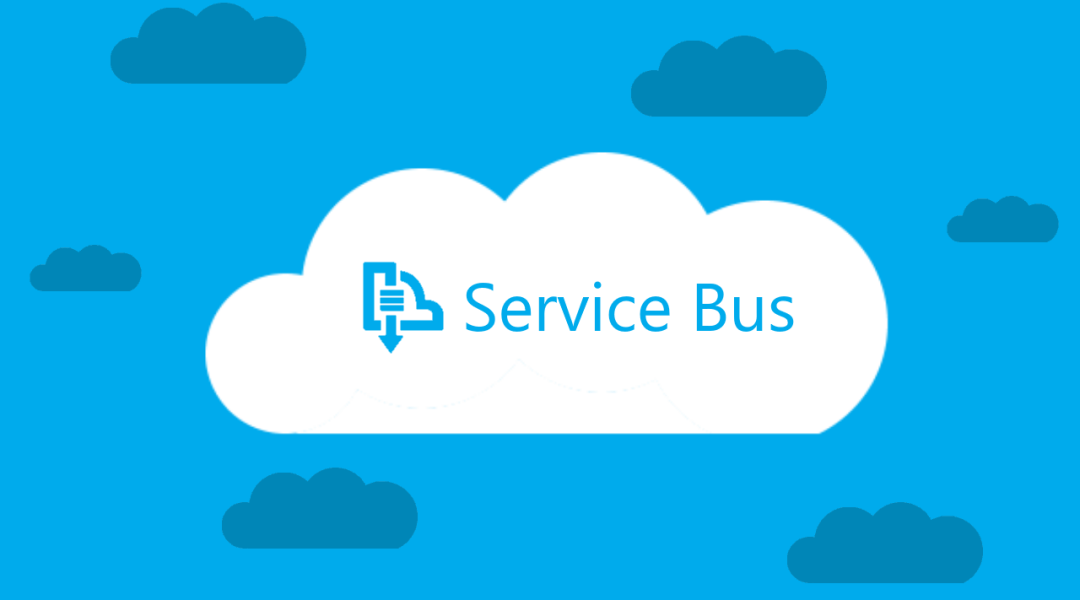 Over a long project activity, Soft Review employees have accumulated considerable experience in solving integration problems and have created a set of technological tools to solve these issues.
Over a long project activity, Soft Review employees have accumulated considerable experience in solving integration problems and have created a set of technological tools to solve these issues.
The solution of a set of tasks related to the organization of data exchange for various information systems consists in the transition to building an IT infrastructure based on the concept of Service Oriented Architecture (SOA), the key element of which is the Integration Service Bus, which allows to combine a large number of platforms and applications, as well as organize the interaction between them based on services. At the same time, the technologies on which the systems and their services are implemented do not matter, it can be JAVA, .NET or other platforms.
This solution is primarily aimed at centralized management of a set of payment / information services and services provided through remote channels: self-service terminals, Internet banking, mobile banking, SMS banking. Through this bus, interaction with a number of information and payment systems is carried out.
With the introduction of the integration bus, the integration of new systems, both purchased and independently developed, is extremely facilitated. Some independent services can be used in other composite operations, which adds integrity to the system, facilitates support and reduces risks.
The introduction of a data bus into the IT landscape of an organization allows not only structuring, bringing to a single standard and simplifying the support of information exchange procedures between systems, but also reducing the time spent on integrating new subsystems and, as a result, reducing the cost of supporting and developing the entire IT infrastructure of the company.
As proposed sets of services, there are a number of ready-made solutions that fully or partially implement data exchange with systems such as:
And a whole range of information / payment systems.
As used solutions for deploying the integration bus, it is possible to use both paid application servers, such as Oracle WebLogic, and free ones, such as GlassFish, JBoss, etc.

